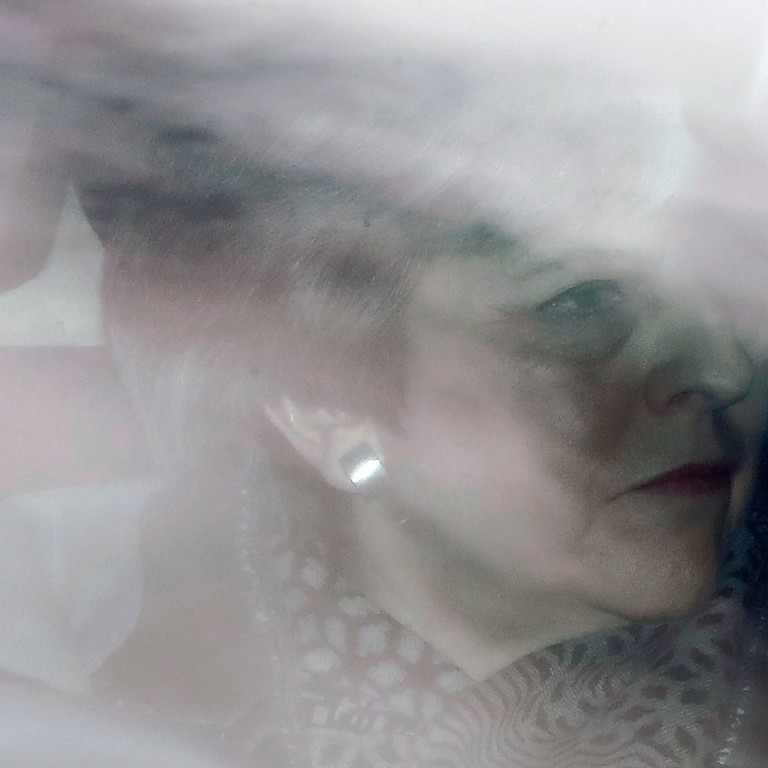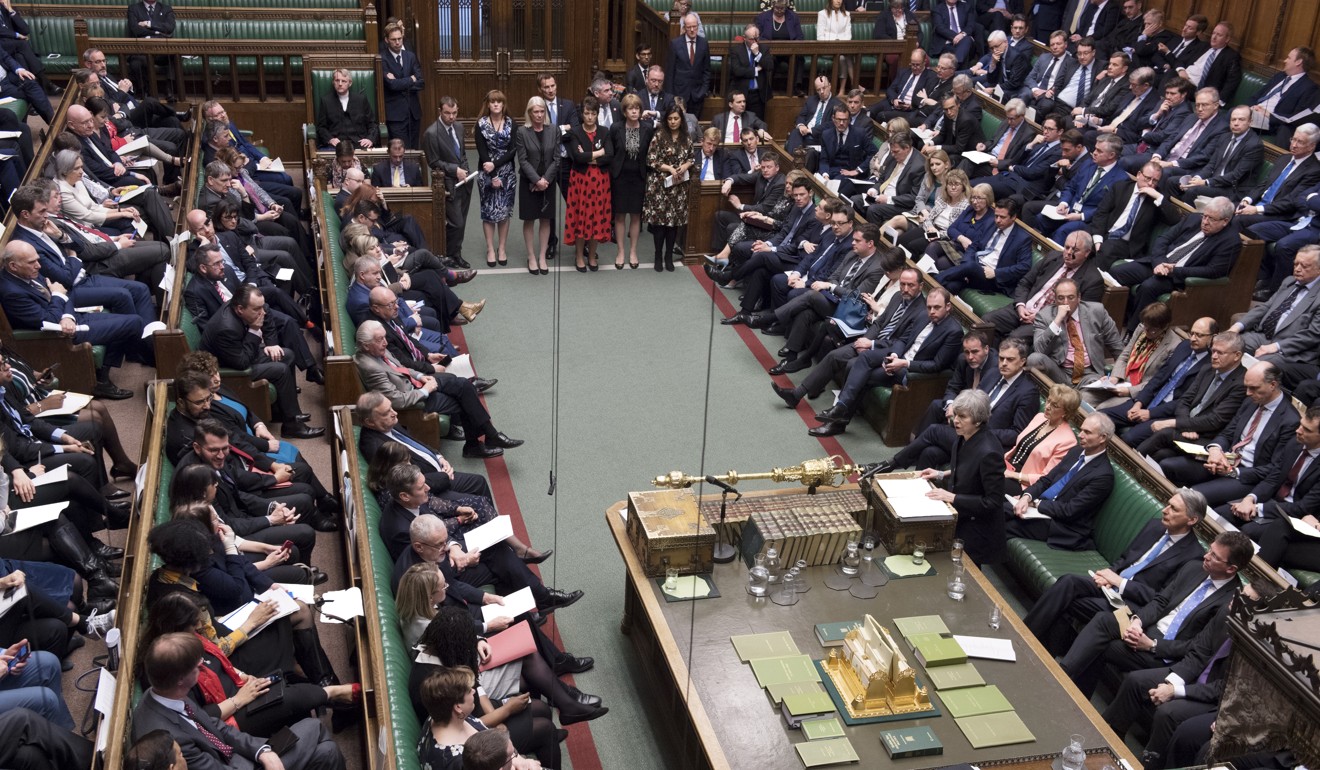
British Prime Minister Theresa May under fire from fellow Tories as hunt for Brexit compromise rumbles on
- Divisions show in both the Conservatives and Labour, with leader of the opposition Jeremy Corbyn also under pressure
Both Theresa May’s government and the opposition Labour Party said Sunday that their talks represented the best chance of finding a Brexit solution and ending months of deadlock.
But even as David Lidington, May’s de facto deputy, said there was common ground between the two sides, a former leader of May’s Conservative Party called on her to end the discussions, pull Britain out of the European Union and then resign as prime minister.
Lidington said the government believed it would be possible to get “the benefits of a customs union” – which Labour wants – “but still have a flexibility for the UK to pursue an independent trade policy on top of that.” He avoided a question about whether the UK could sign up to a common external tariff.
Neither May nor Labour leader Jeremy Corbyn has much room for compromise. On the Labour side, the leader is under pressure to insist on another referendum as the price for supporting any deal. The prime minister, meanwhile, saw little sign over the weekend that rebels in her Conservative Party are in a mood to give ground.
Instead, former leader Iain Duncan Smith told Sky News that he’d seen signs the EU was ready to give way on the question of the Irish border, and that even if it weren’t, May should take the UK out of the bloc without a deal. The prime minister should “aim everything” toward getting the UK out of the EU before the May 23 European elections and the departure date of May or June that May had originally planned should “still stand”, he said.

Within Labour, too, there are divisions. While most Labour members of parliament support a second referendum, with the goal of stopping Brexit, a minority who represent seats that voted to leave the EU say that would be a mistake. Corbyn, a lifelong opponent of EU membership, supports this side, but is under pressure. His transport spokesman Andy McDonald told Sky that the best option was seeing if the talks delivered a solution.
“I want to see where those discussions and negotiations take us before we can go on to the next stage of this long and awful process,” he said.
McDonald said Labour’s concern was that any commitments May made in the talks could be overturned by her successor. Lidington said this was unlikely, because the arithmetic in parliament, which has so restricted May, will be the same for the next prime minister.

